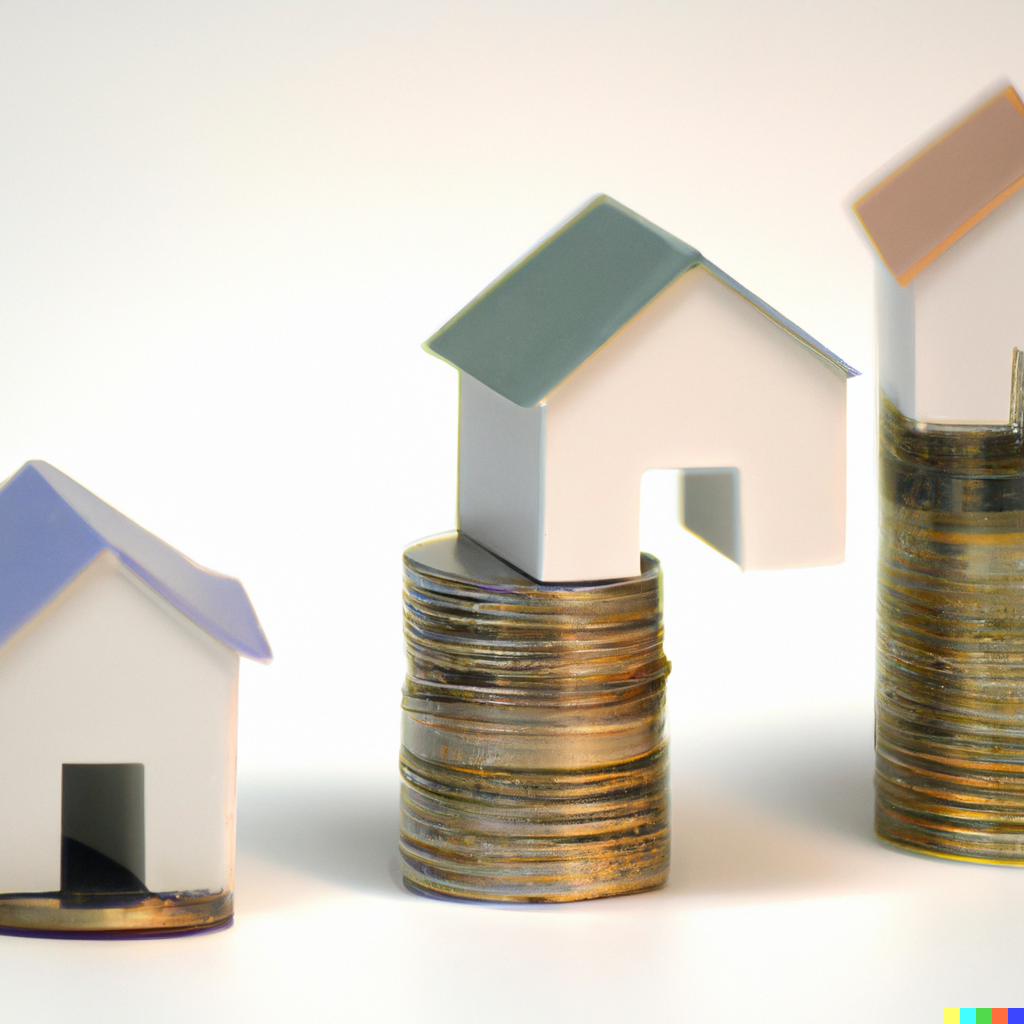Maintenance is a critical aspect of residential property management, ensuring that properties are safe, functional, and attractive to tenants. From routine upkeep to major repairs and renovations, effective maintenance strategies can help property managers maximize their return on investment, minimize expenses, and keep tenants satisfied.
Body:
- Preventative maintenance: Preventative maintenance involves identifying potential issues before they become major problems. This can include regular inspections, cleaning, and upkeep of key systems and components, such as HVAC systems, plumbing, and electrical systems.
- Emergency maintenance: Emergency maintenance involves addressing urgent issues, such as broken pipes or electrical outages, that require immediate attention. Property managers should have a plan in place for handling emergency maintenance requests, including a reliable network of contractors and service providers.
- Regular renovations and updates: Regular renovations and updates can help keep properties modern, attractive, and competitive in the rental market. This can include updates to kitchens and bathrooms, flooring and paint, and landscaping and outdoor spaces.
- Tenant communication: Effective communication with tenants is essential for addressing maintenance concerns and ensuring that tenants feel heard and valued. Property managers should provide clear guidelines for submitting maintenance requests and respond promptly to issues as they arise.
- Budgeting and cost management: Maintenance can be a significant expense for property managers, so it’s important to establish a budget and manage costs effectively. This can include prioritizing repairs and renovations, negotiating with contractors, and investing in energy-efficient systems and components.
Conclusion: Effective maintenance strategies are critical for residential property management, ensuring that properties are safe, functional, and attractive to tenants. By prioritizing preventative and emergency maintenance, regular renovations and updates, tenant communication, and budgeting and cost management, property managers can maximize their return on investment, minimize expenses, and keep tenants satisfied.


Comments are closed